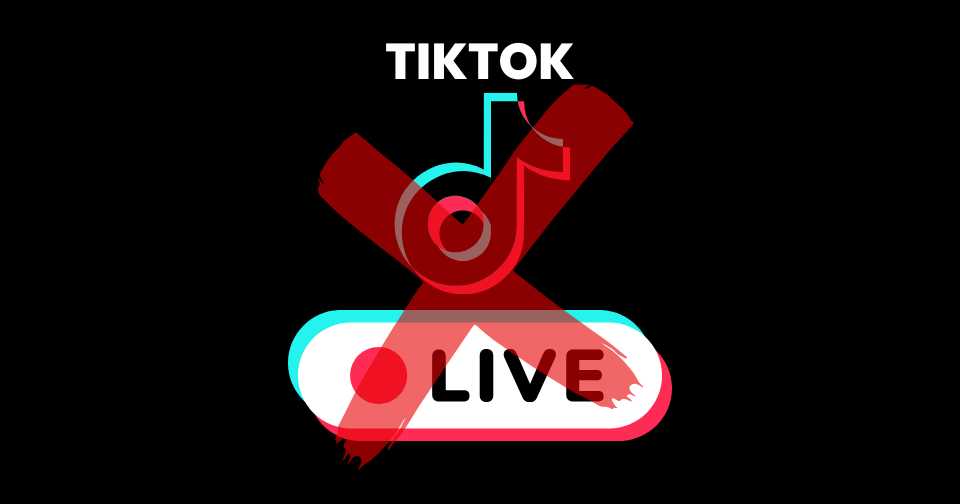The debate around monetization of live social media streams, especially during protests, has reached new heights in Indonesia. On September 1, 2025, the Indonesia Cyber Security Forum (ICSF) voiced strong criticism against the rising trend of individuals profiting from live broadcasts of demonstrations on platforms such as TikTok and YouTube. According to ICSF, this practice poses social, ethical, and even security concerns that demand urgent regulatory responses (Bisnis.com, 2025a).
The Core of the Controversy
Live streaming has become a dominant feature of digital platforms, enabling real-time engagement and participation in events. However, ICSF highlighted that monetizing these streams during public protests risks exploiting sensitive moments for personal or financial gain. They argue that this practice undermines the dignity of public demonstrations, where the focus should be on civic expression and democratic values rather than entertainment or income (Bisnis.com, 2025a).
Meanwhile, contrasting views have emerged. The ICT Institute argued that monetization is part of the natural evolution of digital platforms and should not be outright prohibited. Instead, they suggest the development of balanced regulations that distinguish between harmful content and acceptable use cases (Bisnis.com, 2025b). This division of opinion underscores the complexity of governing digital platforms without stifling innovation.
Risks of Monetization in Sensitive Contexts
Experts have warned that live-streaming protests can pose significant risks beyond commercialization. For instance, monetized live streams may incentivize individuals to provoke chaos for views and donations, escalating tensions on the ground. There are also concerns about misinformation spreading rapidly, as unverified content may gain traction during high-stakes political events.
From a cybersecurity perspective, ICSF pointed out that these broadcasts could be exploited by malicious actors. Protest live streams, if monetized and widely disseminated, may expose participants to surveillance or data misuse. This creates an additional layer of vulnerability in already volatile environments (Bisnis.com, 2025c).
TikTok’s Response
The controversy has also prompted responses from major tech platforms. TikTok, owned by ByteDance, temporarily suspended its live feature in Indonesia following protests against monetization practices (Reuters, 2025). The suspension indicates both the sensitivity of the issue and the platform’s attempt to avoid escalating tensions.
For TikTok, the Indonesian case is especially significant given the country’s large user base. Any regulatory crackdown could impact the company’s global strategy for live-streaming monetization. This makes Indonesia a potential test case for how platforms balance commercial innovation with social responsibility.
Business and Economic Implications
The monetization debate has implications beyond the realm of social media. For Indonesia’s business environment, it raises questions about how companies navigate ethical boundaries in digital innovation. Brands associated with controversial practices risk reputational damage, while regulators face pressure to enact comprehensive digital governance.
Additionally, Indonesia’s broader digital economy—valued at over $80 billion in 2025—relies heavily on trust. If public perception shifts toward viewing digital platforms as exploitative, user confidence and engagement could suffer. This would not only impact social media companies but also startups, advertisers, and e-commerce platforms connected to these ecosystems.
The Road Ahead
The Indonesian case highlights the urgent need for clear and comprehensive regulations on live-stream monetization. Experts suggest that rules should strike a balance between protecting civic spaces and enabling digital entrepreneurship. Failure to act could see further public backlash, while overly restrictive policies might stifle growth in Indonesia’s fast-evolving digital economy.
Ultimately, the issue represents a broader global challenge: how to align digital innovation with societal values. For Indonesia, the debate over monetizing live protests is a crucial step toward shaping a more responsible digital ecosystem.
References
- Bisnis.com. (2025, September 1). ICSF Ungkap Segudang Masalah Dampak Monetisasi Siaran Langsung Demo TikTok Cs. Retrieved from https://teknologi.bisnis.com/read/20250901/84/1907539/icsf-ungkap-segudang-masalah-dampak-monetisasi-siaran-langsung-demo-tiktok-cs
- Bisnis.com. (2025, September 1). Monetisasi Live Streaming di Medsos Dinilai Wajar, ICT Institute Beri Penjelasan. Retrieved from https://teknologi.bisnis.com/read/20250901/101/1907579/monetisasi-live-streaming-di-medsos-dinilai-wajar-ict-institute-beri-penjelasan
- Bisnis.com. (2025, September 1). Pakar Usul Aturan Komprehensif Tangkal Monetisasi Live Berbahaya di Medsos. Retrieved from https://teknologi.bisnis.com/read/20250901/101/1907571/pakar-usul-aturan-komprehensif-tangkal-monetisasi-live-berbahaya-di-medsos
- Reuters. (2025, August 30). ByteDance’s TikTok temporarily suspends live feature in Indonesia following protests. Retrieved from https://www.reuters.com/world/asia-pacific/bytedances-tiktok-temporarily-suspends-live-feature-indonesia-following-protests-2025-08-30







 Saturday, 31-01-26
Saturday, 31-01-26







